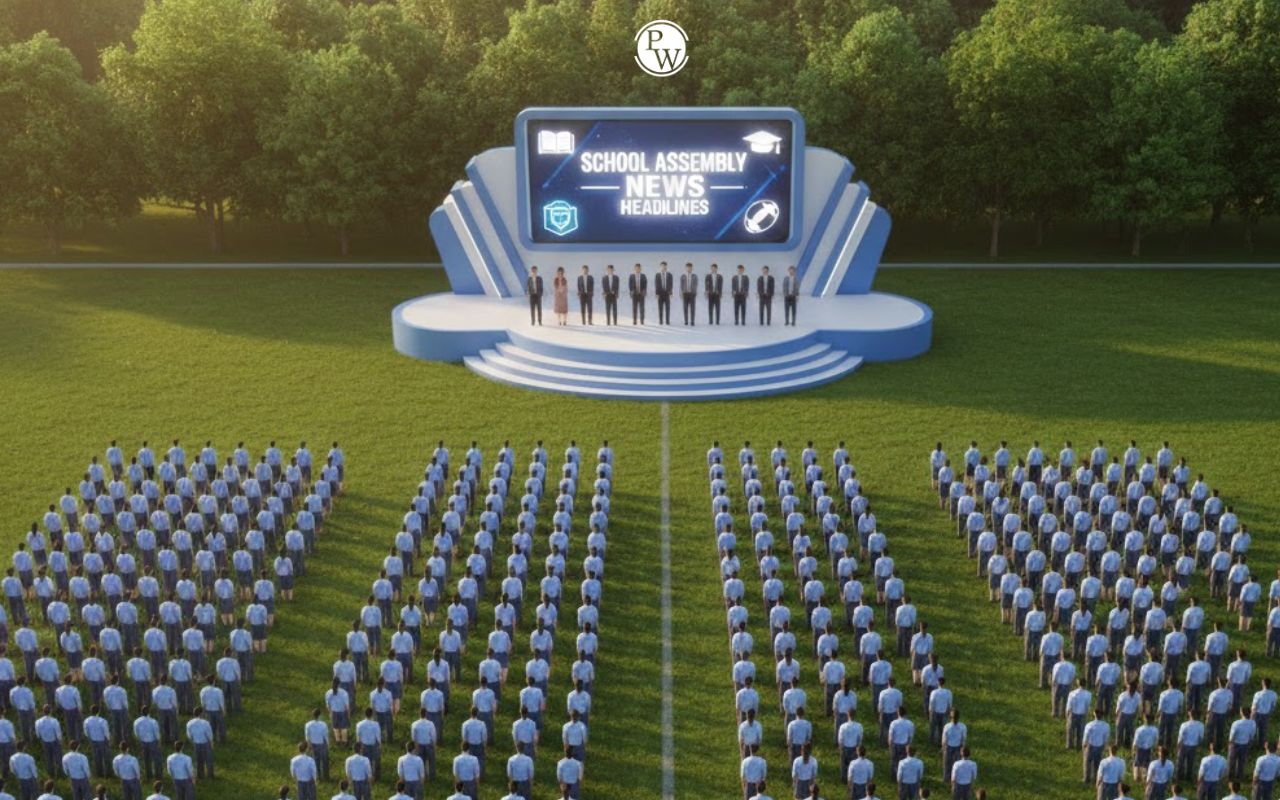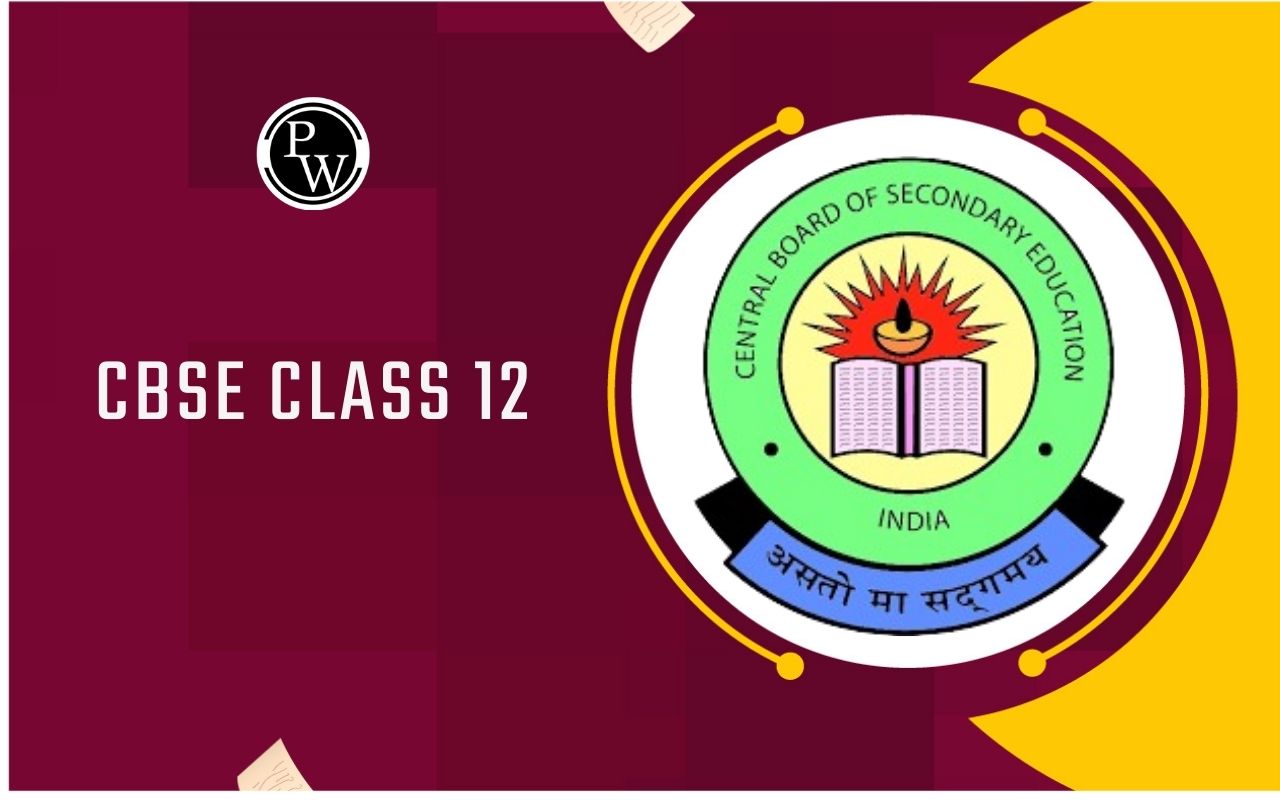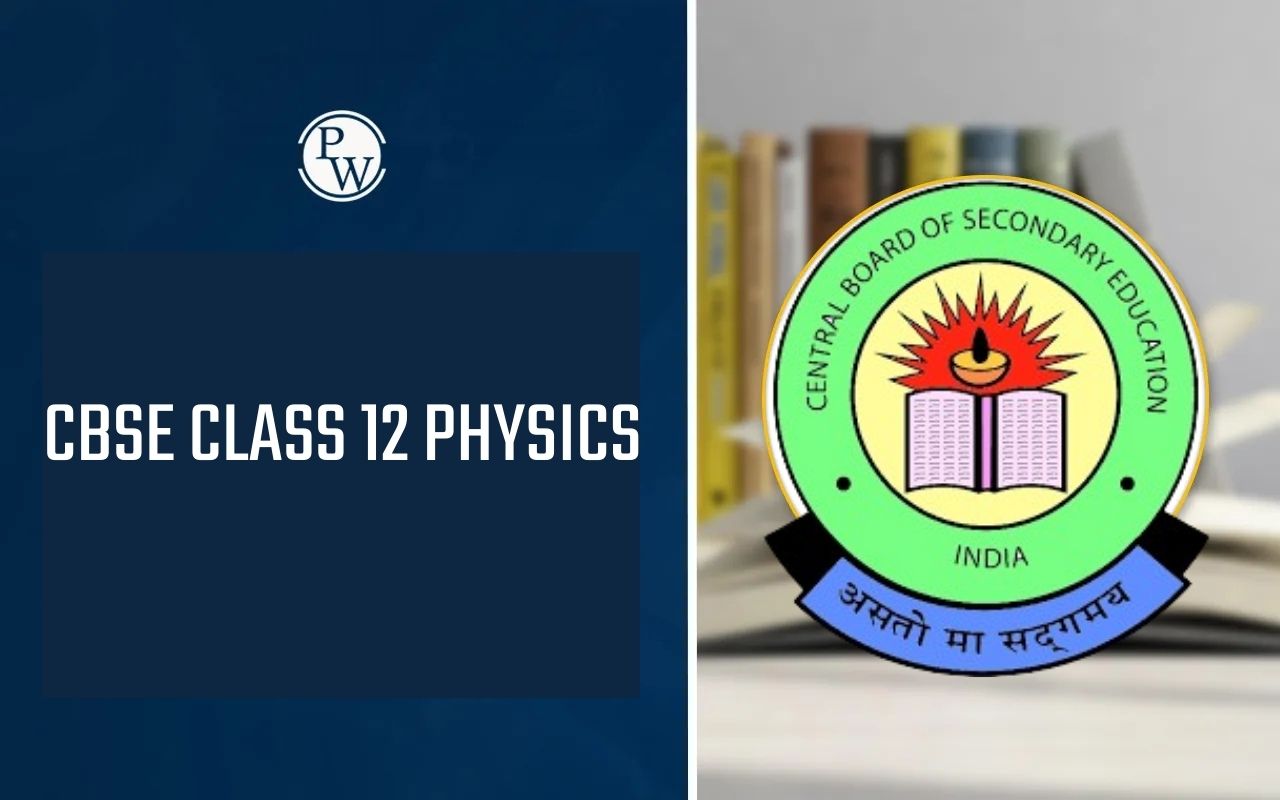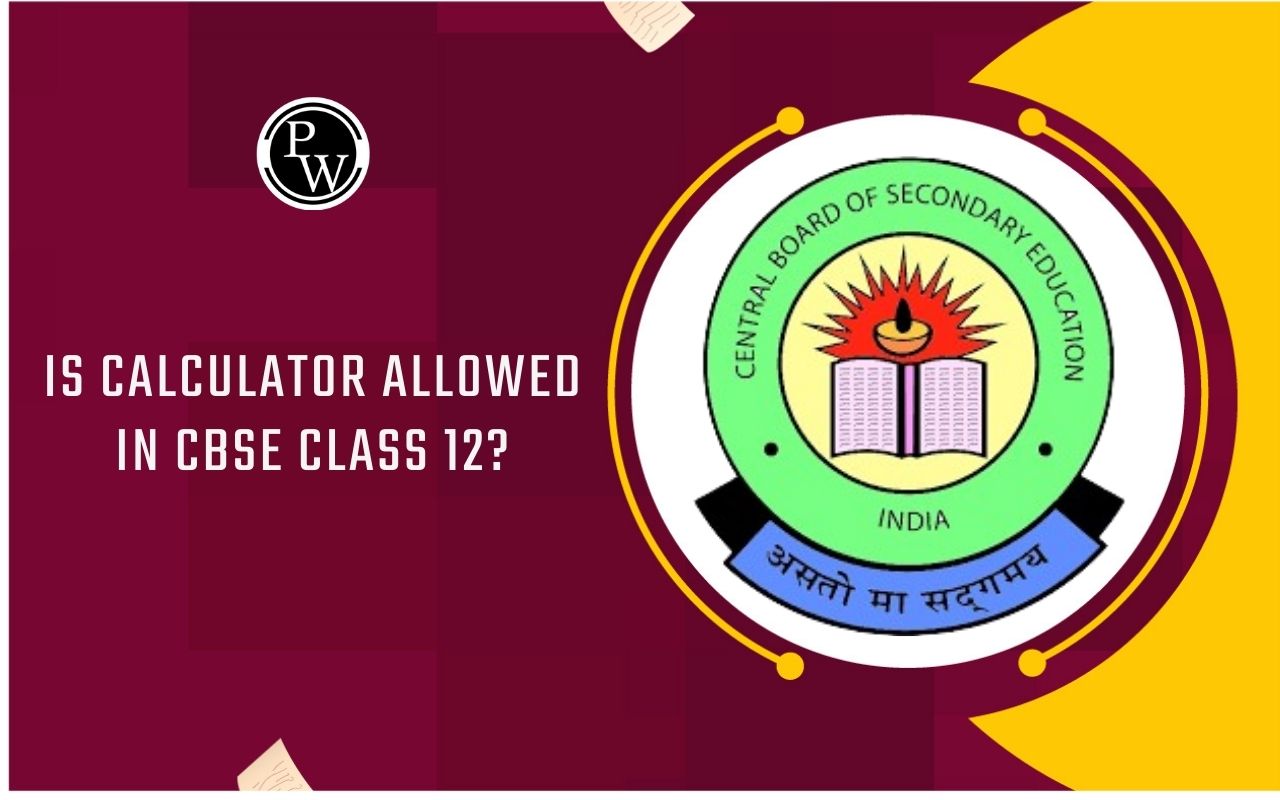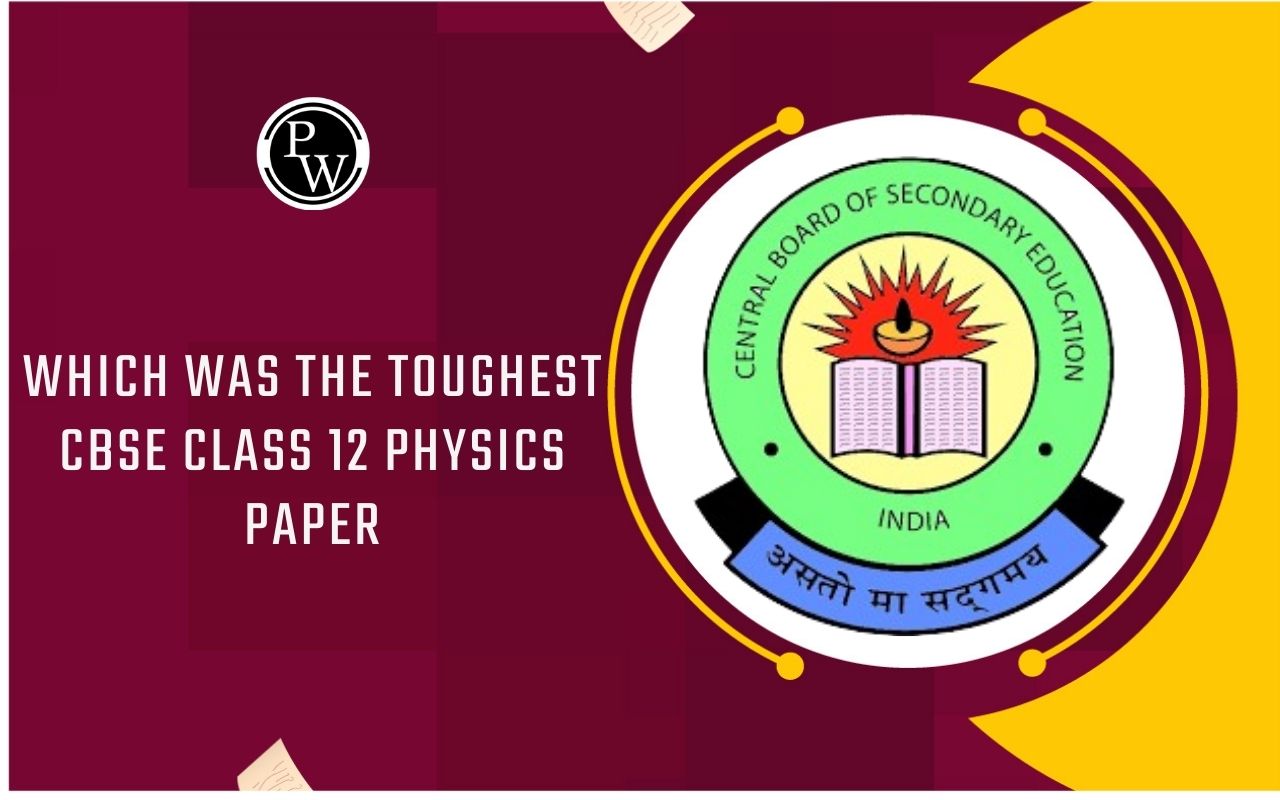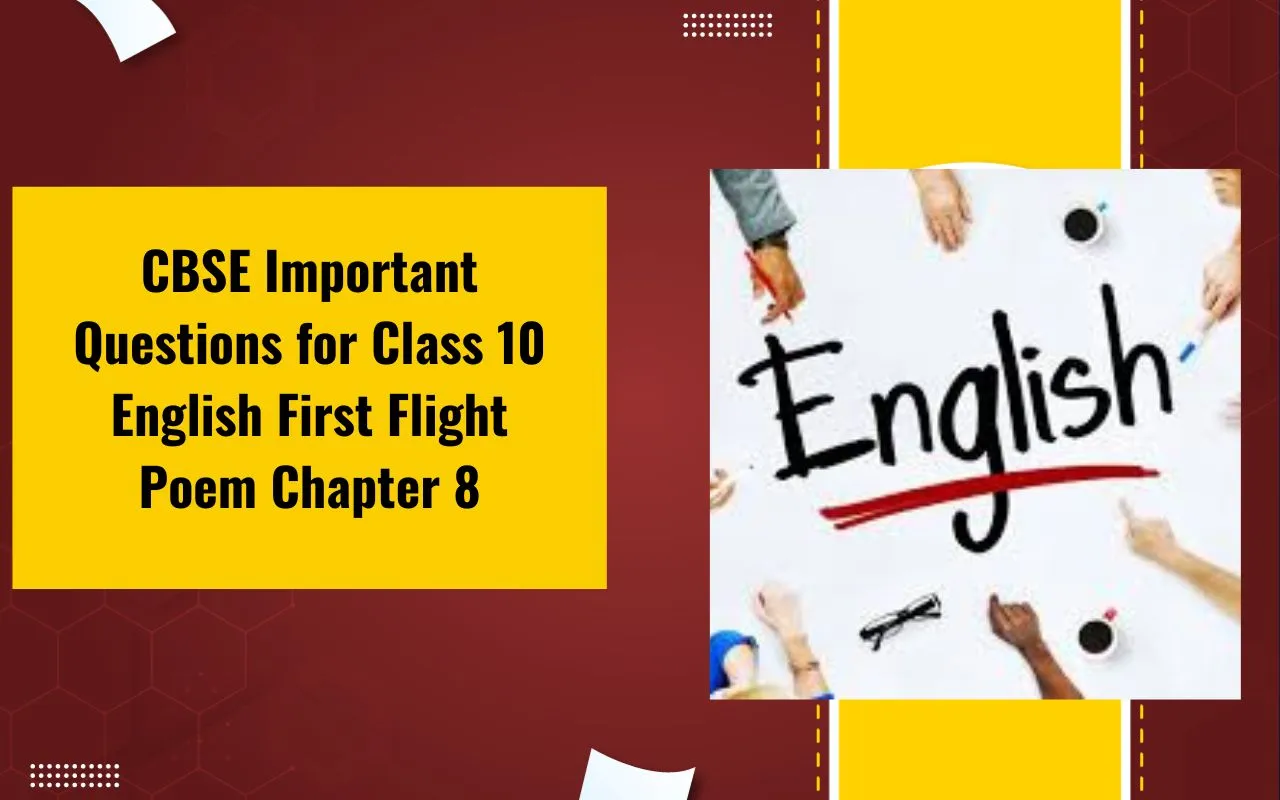
Nouns are a word that represents a person, place, thing, idea, or concept. They are one of the fundamental building blocks of sentences and are often used as the subject or object of a sentence. They can be singular (referring to one item) or plural (referring to more than one item), and they can be concrete ( like "dog" or "book") or abstract (ideas or concepts like "love" or "freedom"). Nouns are essential for communication and help us identify and refer to the people, objects, and concepts in our world.
What is Noun
A noun is a basic word that represents a person, place, thing, or idea. It's like the building block of sentences. When you talk about a book, a dog, or love, you're using nouns to name them. Nouns can be real things like a chair or ideas like happiness. They're the important words that help us talk and share ideas. So, when you ask, "What is a noun?" remember, it's the word that names people, things, places, and ideas in our language.Also Read: Parts of Speech
Nouns Examples
Here are examples of nouns for people, places, a person, and an object:- People: "The children played in the park."
- Place: "I visited the beach yesterday."
- Person: "Albert Einstein was a brilliant scientist."
- Object: "She placed the ring on the table."
"Children" is a noun representing people.
"Beach" is a noun representing a place.
"Albert Einstein" is a proper noun representing a specific person.
"Ring" is a noun representing an object.
Types of Nouns
There are 10 types of Nouns, which are- Common Nouns
- Proper Nouns
- Concrete Nouns
- Abstract Nouns
- Countable Nouns
- Uncountable Nouns
- Collective Nouns
- Possessive Nouns
- Compound Nouns
- Gerunds
1. Common Nouns
Common Nouns are a general, non-specific name for a person, place, thing, or idea. They do not refer to a particular individual or entity and are typically not capitalized unless they appear at the beginning of a sentence. Common nouns are used to refer to everyday objects and concepts. Examples of common nouns include "book," "city," "teacher," "dog," and "happiness." These nouns are used to describe any book, any city, any teacher, any dog, or any instance of happiness, rather than specific or unique instances of these things.2. Proper Nouns
Proper Nouns are a specific name for a particular person, place, thing, or entity. Unlike common nouns, which are general and do not refer to specific individuals or entities, proper nouns are capitalized because they denote unique, specific items. Proper nouns are used to identify and distinguish one specific instance from others in the same category.Examples:
Person:
John (a specific individual's name) Jane Austen (a specific author's name)Place:
Paris (a specific city) Mount Everest (a specific mountain)Thing:
The Mona Lisa (a specific painting) Coca-Cola (a specific brand)Entity:
The United Nations (a specific international organization) Disney World (a specific amusement park)3. Concrete Nouns
Concrete Nouns are a type of noun that refers to physical, tangible objects that can be perceived through the five senses: sight, hearing, touch, taste, and smell. Concrete nouns represent things that exist in the physical world and can be experienced directly.Examples: Chair, Dog, Teacher etc.
4. Abstract Nouns
Abstract Nouns are a type of noun that represents intangible concepts, ideas, qualities, emotions, or states that cannot be perceived through the five senses. Unlike concrete nouns, which refer to physical, tangible objects, abstract nouns are often more conceptual and describe things that exist in the realm of thought, feeling, or imagination.- Happiness is a warm feeling that makes us smile.
- Friendship is built on trust and shared experiences.
- Justice ensures that everyone is treated fairly in society.
5. Countable Nouns
Countable Nouns, also known as count nouns, is a type of noun that refers to individual, distinct items that can be counted as separate units. These nouns can be both singular and plural, and they have a clear numerical value. You can use numbers like "one," "two," "three," and so on before countable nouns to indicate quantity.Examples:
- Monty got ten packets of lays for the trip. (specific number – ten)
- She has three adorable dogs as pets.
6. Uncountable Nouns
Uncountable Nouns, also known as mass nouns, are a type of noun that represents something that cannot be counted as individual, separate units. Uncountable nouns are typically treated as singular and do not have a plural form. They often refer to substances, concepts, or abstract entities.Examples:
- I'd like a glass of water to drink." (Here, "water" is used in a general, uncountable sense to refer to the liquid as a whole.)
- Education helps us gain valuable knowledge." (In this sentence, "knowledge" refers to the concept or quality of knowing things, and it is uncountable because you can't count knowledge as individual items.)
7. Collective Nouns
Collective Nouns are a type of noun that refers to a group or collection of people, animals, or things as a single unit or entity. Collective nouns are used to describe a group of individuals or objects, often with a specific word that represents that group as a whole. These nouns can be singular or plural, depending on whether the emphasis is on the group as a single entity or the individual members within the group.Examples:
- A herd of cattle grazed in the field.("herd" is a collective noun representing a group of cattle.)
- The team won the championship.("Team" is a collective noun referring to a group of players working together.)
8. Possessive Nouns
Possessive Nouns are a noun that indicates ownership or possession of something. They show that a particular person, animal, place, or thing possesses or owns something else. Possessive nouns are typically formed by adding an apostrophe and an "s" ('s) to the end of the noun, especially for singular nouns. For plural nouns, the apostrophe usually comes after the "s."Examples:
- The dog's collar is blue. (The collar belongs to the dog.)
- The parents' room is at the end of the hall. (The room belongs to the parents.)
9. Compound Nouns
Compound Nouns are a type of noun that is formed by combining two or more words to create a single noun that represents a specific person, place, thing, or concept. These words can be combined in various ways, including as separate words, hyphenated words, or as single words. Compound nouns often have a meaning that is different from the individual words that make them up.Examples:
- I need to buy some toothpaste on my way home.
- The post office is closed on Sundays.
- For breakfast , I usually have cereal and orange juice.
10. Gerunds
A gerund is a verb form that functions as a noun in a sentence. Gerunds are created by adding the "-ing" suffix to a verb. They are used to represent actions or activities as things or concepts rather than as actions themselves. Gerunds can be the subject or object of a sentence, and they can also be used in various noun positions within a sentence.Examples:
Swimming is my favorite summer activity.(In this sentence, "swimming" is a gerund that functions as the subject of the sentence, representing the action of swimming as a noun.) I enjoy reading before bedtime.(Here, "reading " is a gerund that functions as the direct object of the verb "enjoy.")Nouns Used as Subject
A noun used as the subject of a sentence typically serves as the main actor or doer of the action described in the sentence. In this position, the noun helps convey the main idea or focus of the sentence.Examples:
- Dogs are loyal animals.(In this sentence, "Dogs" is the subject, and it's the noun that performs the action (being loyal).)
- The teacher explained the lesson clearly.("The teacher" is the subject, and it's the noun that performs the action of explaining.)
Nouns Used as Adjective
When a noun is used as an adjective, it functions to describe or modify another noun, providing more information about the noun it is modifying. In this role, the noun-adjective helps specify the type or category of the noun it's describing.Examples:
- "I'll have a cup of coffee." (Here, "coffee" is a noun used as an adjective to specify the type of cup.)
- "She bought a pair of running shoes." (In this sentence, "running" is a noun used as an adjective to describe the type of shoes.)
Nouns Used as Verb
When a noun is used as a verb, it means that the noun is being used to describe an action or process. This usage typically involves using the noun as a verb by adding a verb-like meaning to it. This can happen in English when nouns are "verbed," a process sometimes called "verbing" or "nominalization of verbs."Examples:
- I need to Google that recipe to find out the ingredients.("Google" is used as a verb, meaning to search for information on the internet using the Google search engine.)
- Please email me the report when it's ready.("email" functions as a verb, indicating the action of sending the report via email.)
| Preposition | Tense Chart |
| Alphabet | Adjectives |
Noun FAQs
What is Noun with examples?
What are 4 main types of Nouns?


